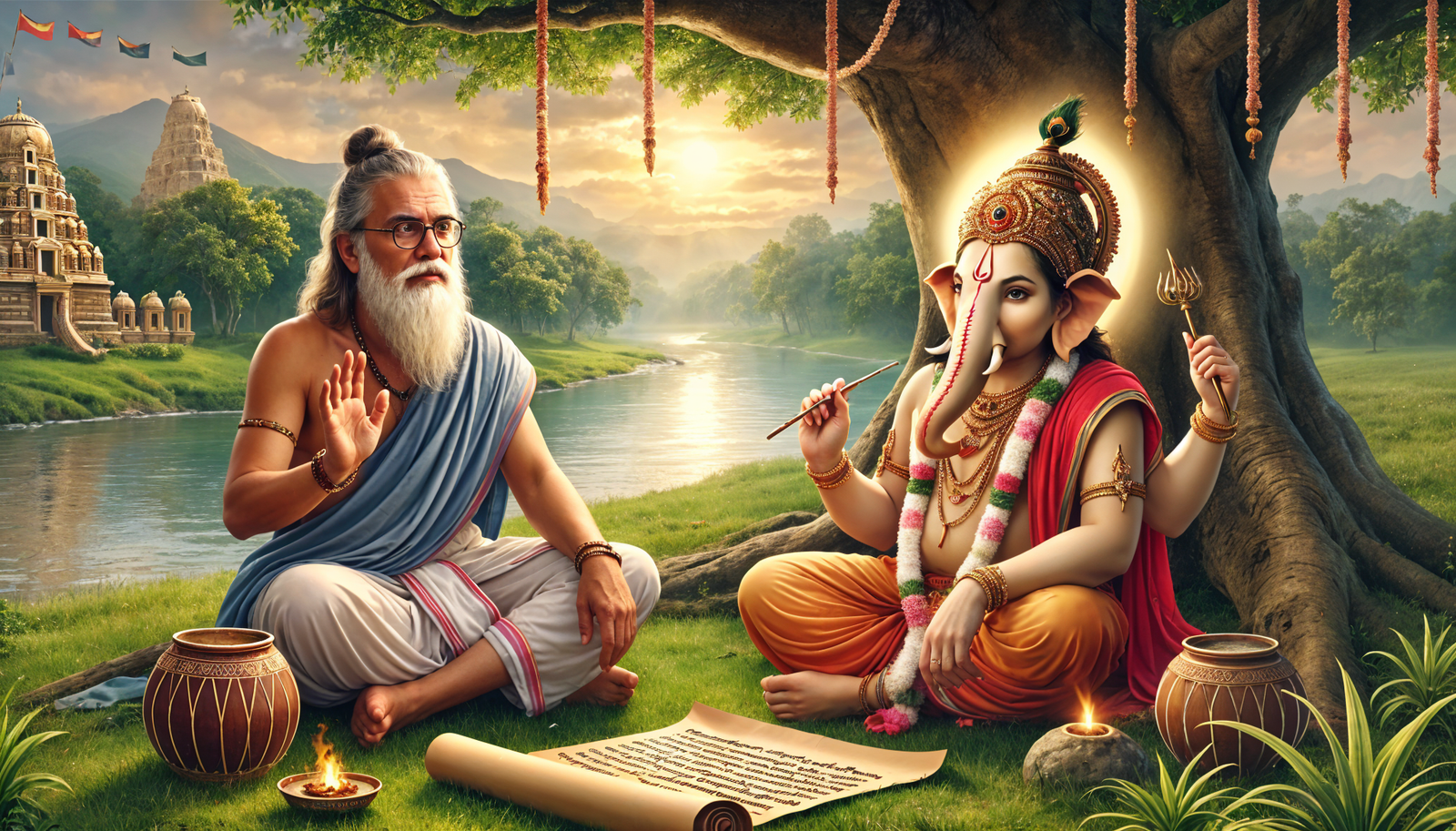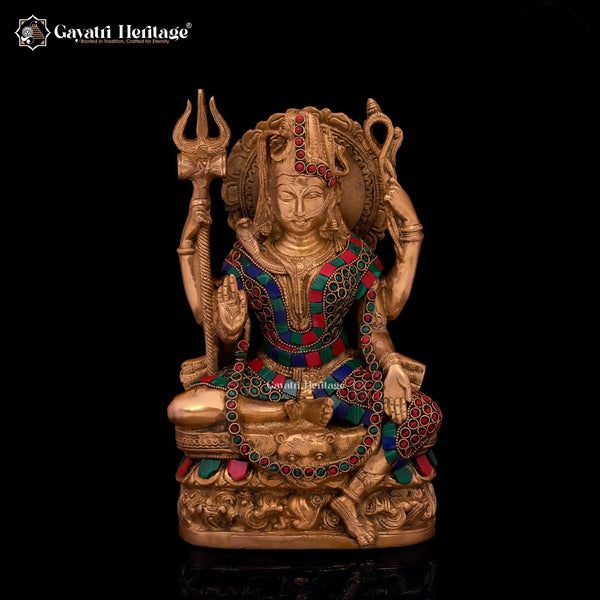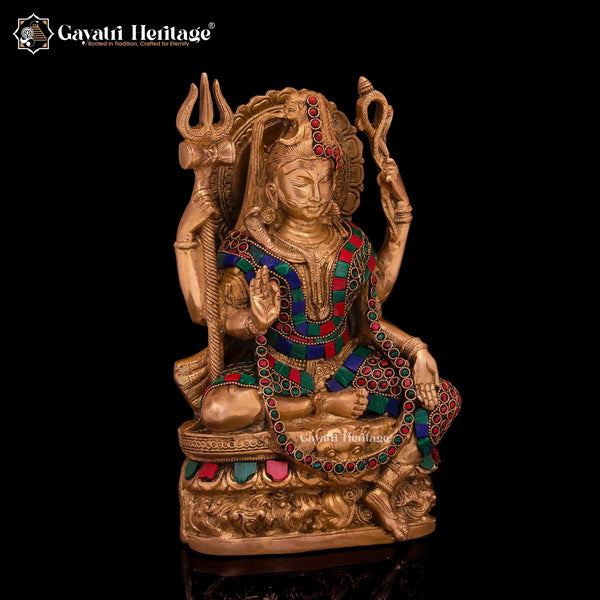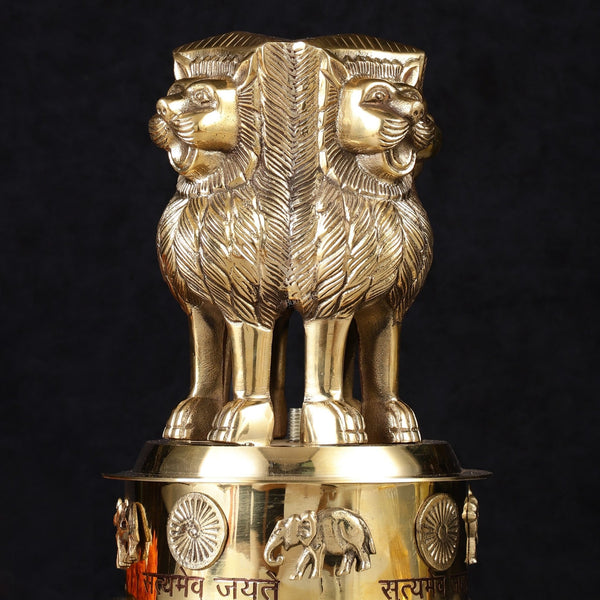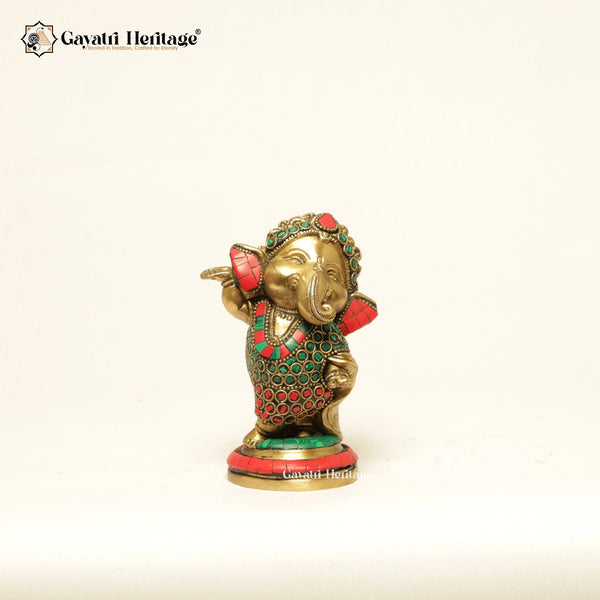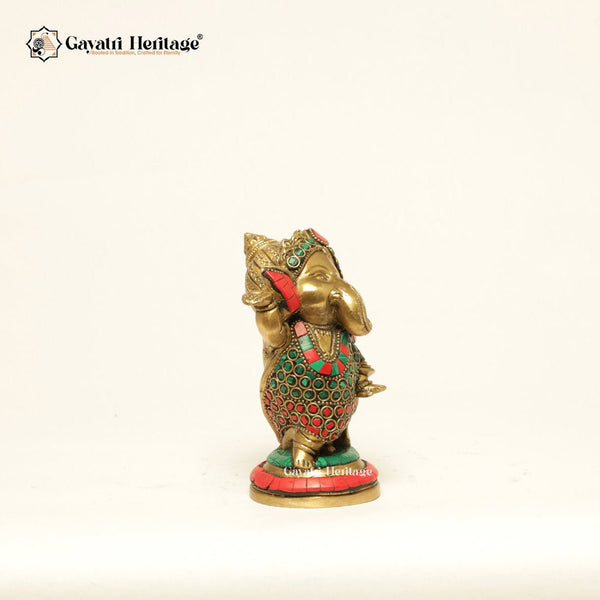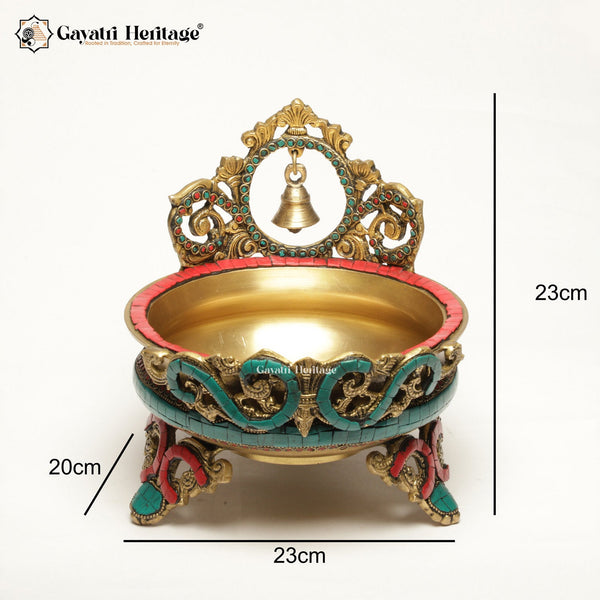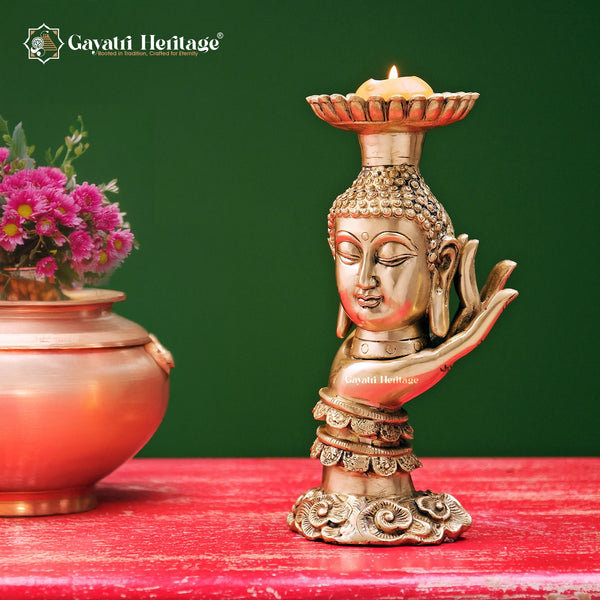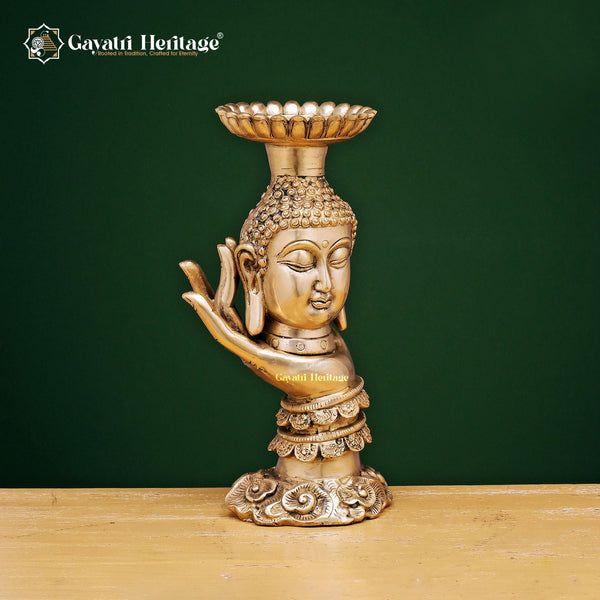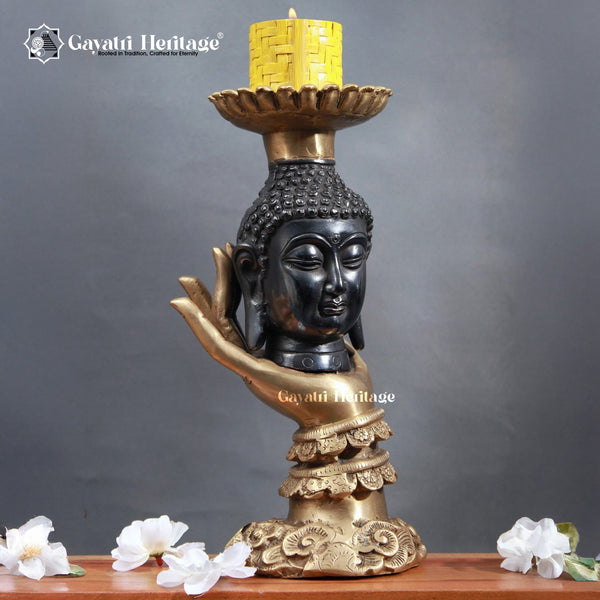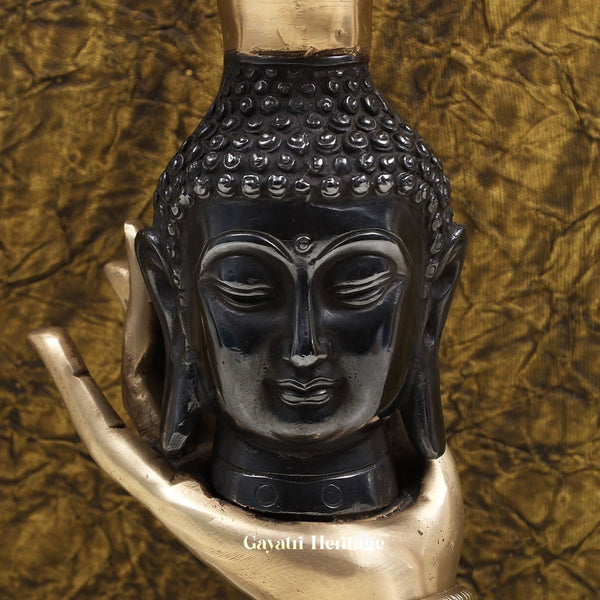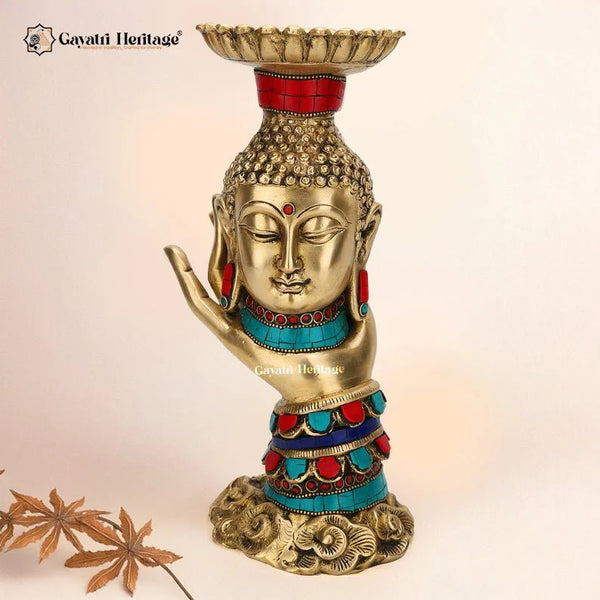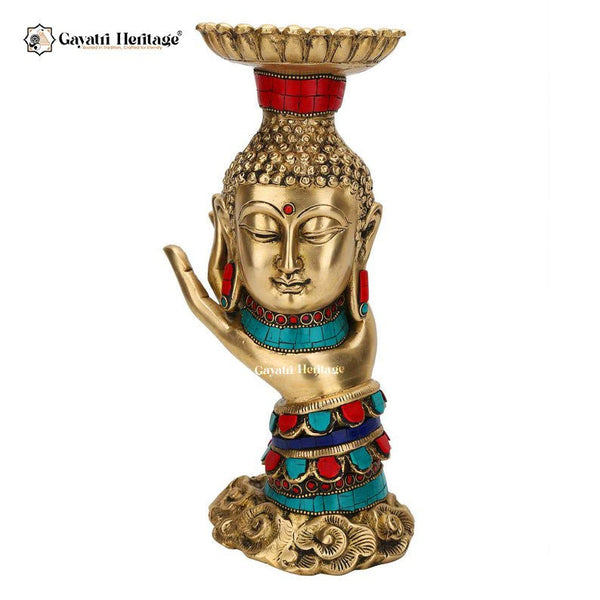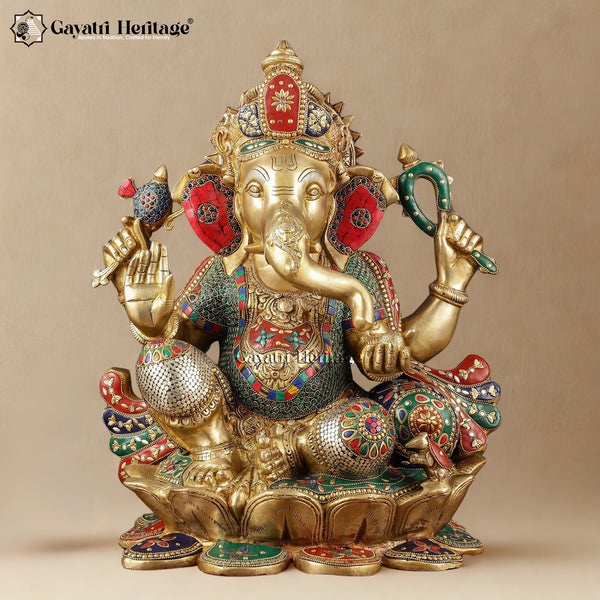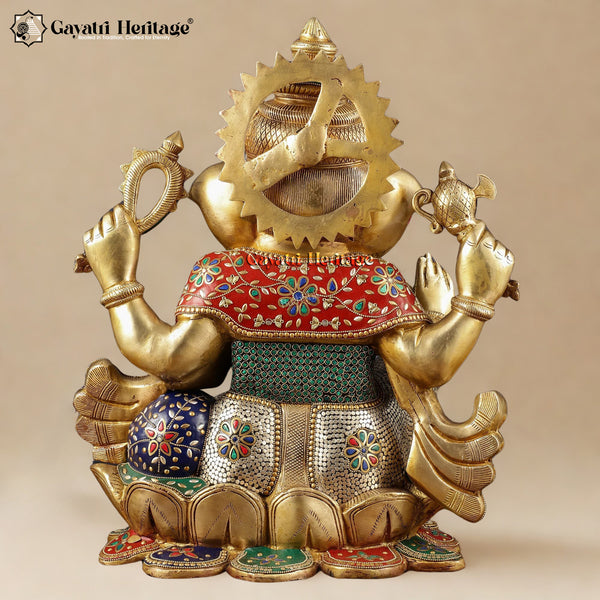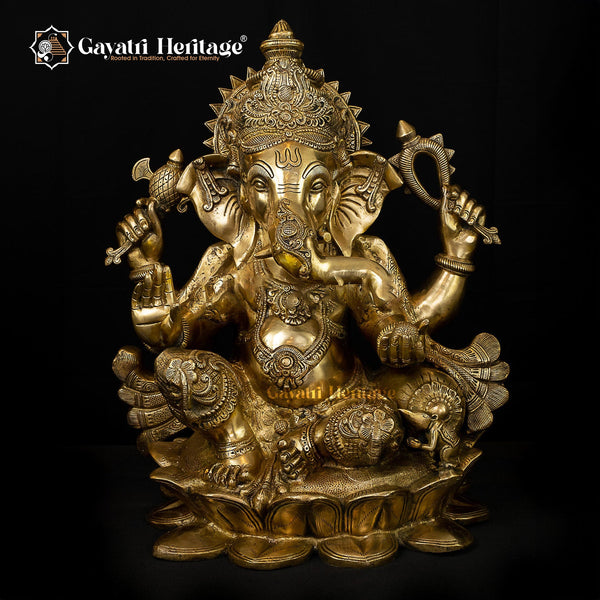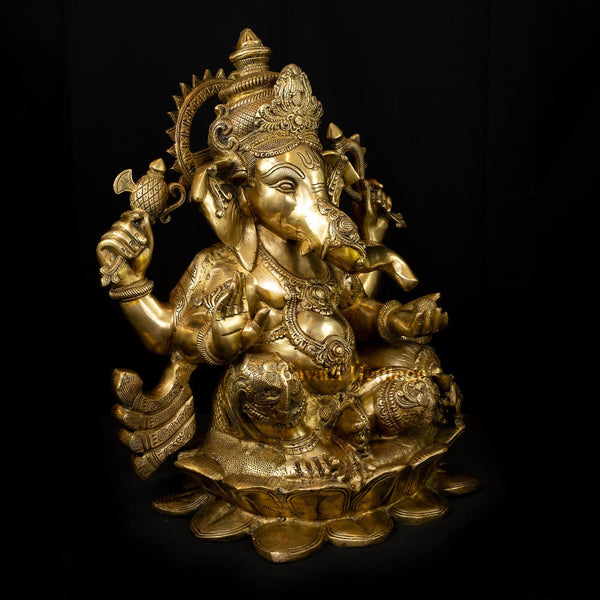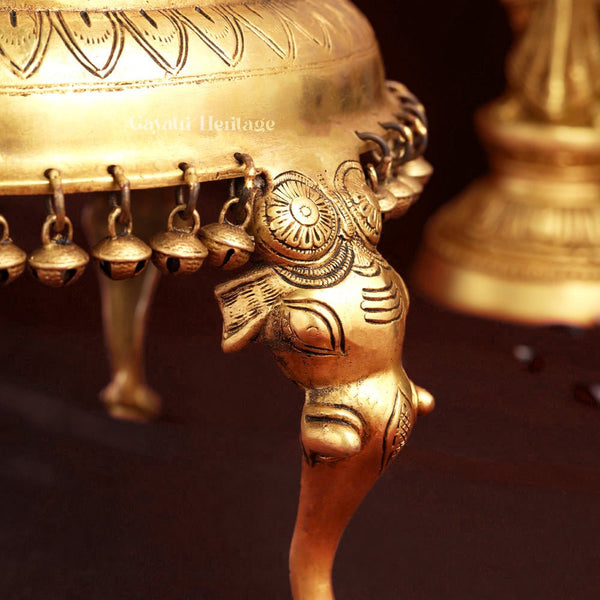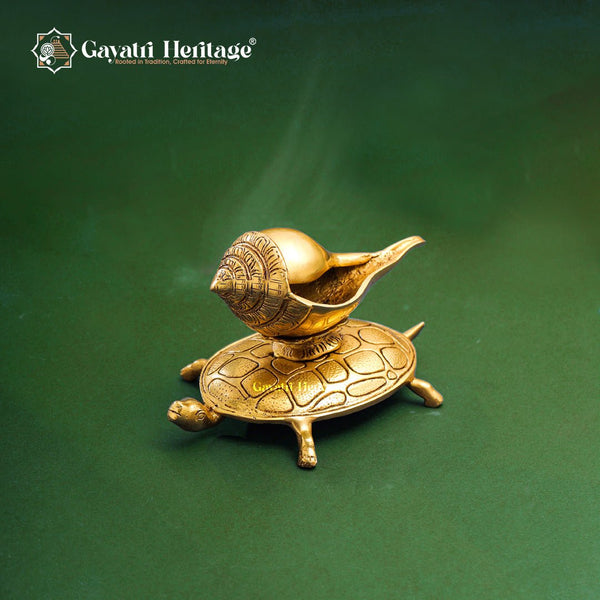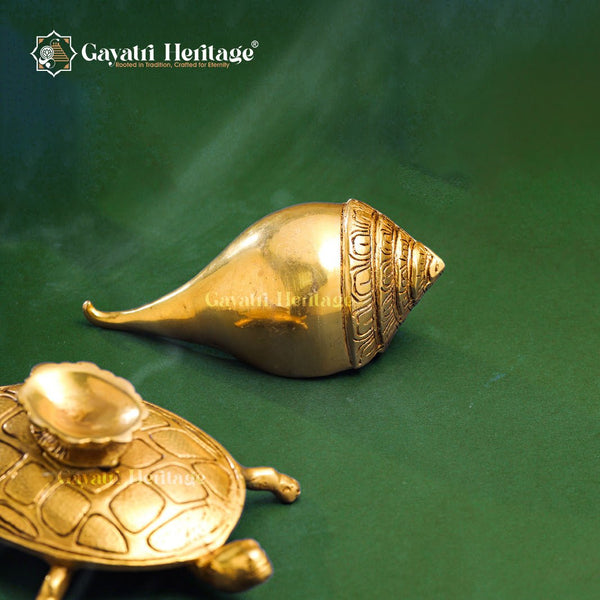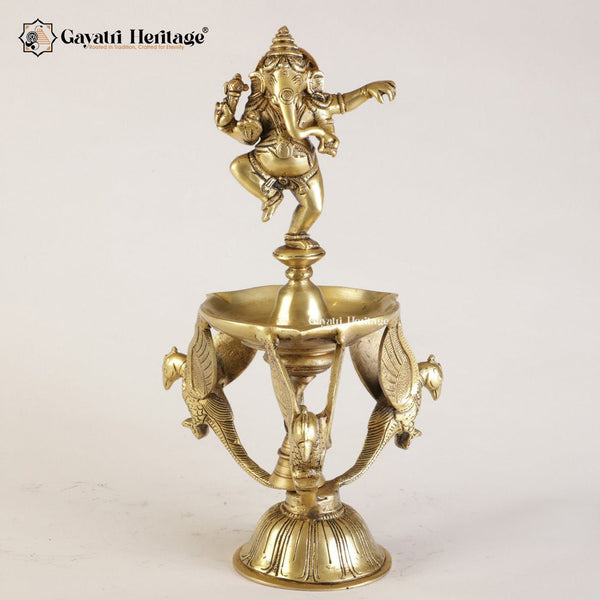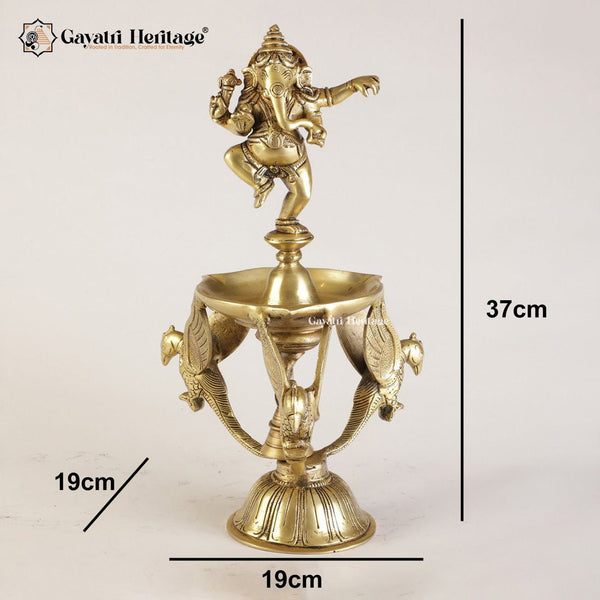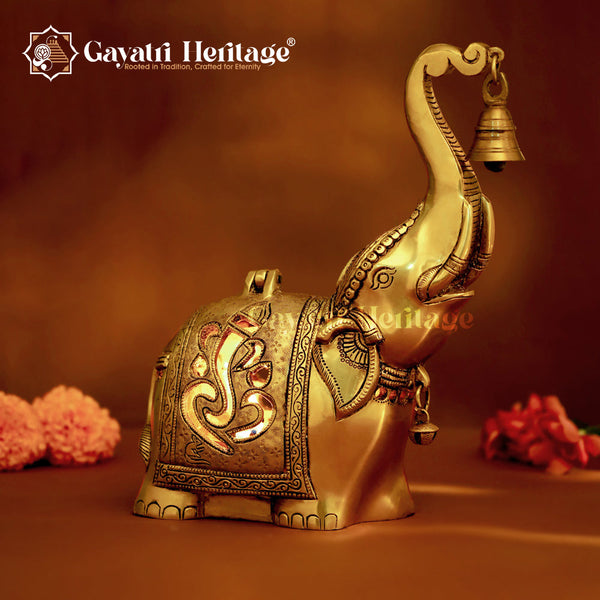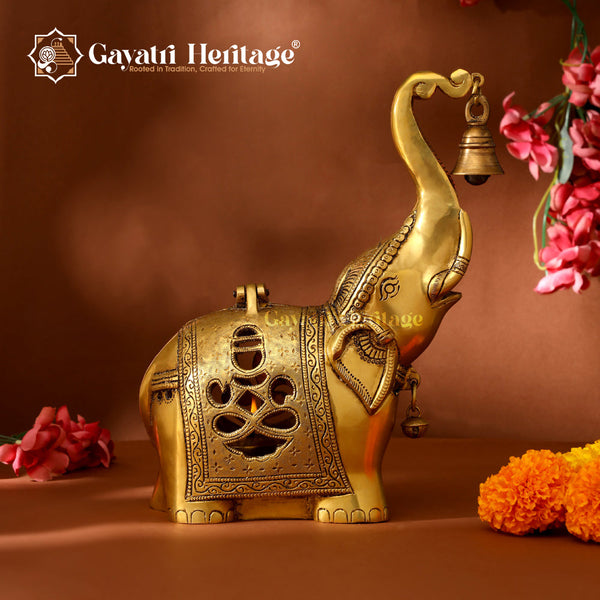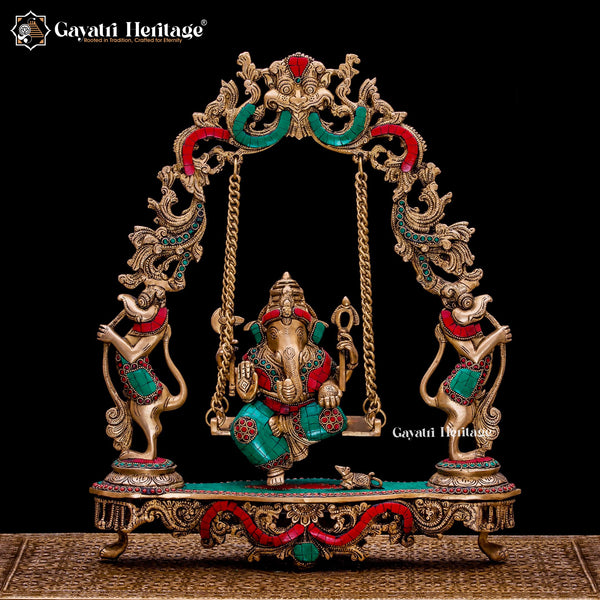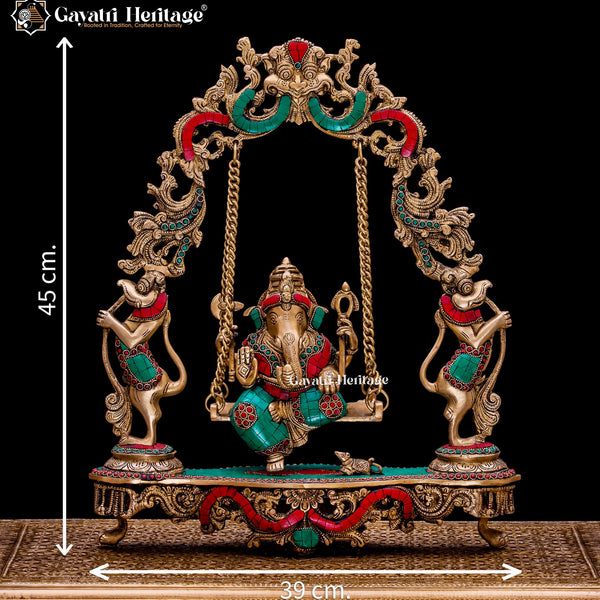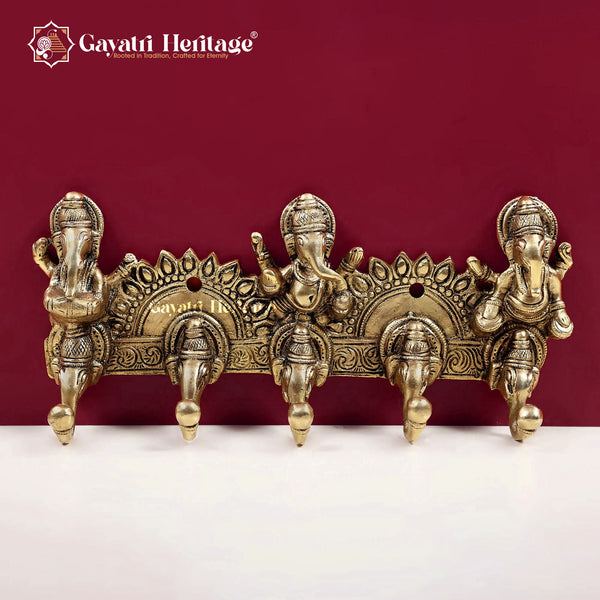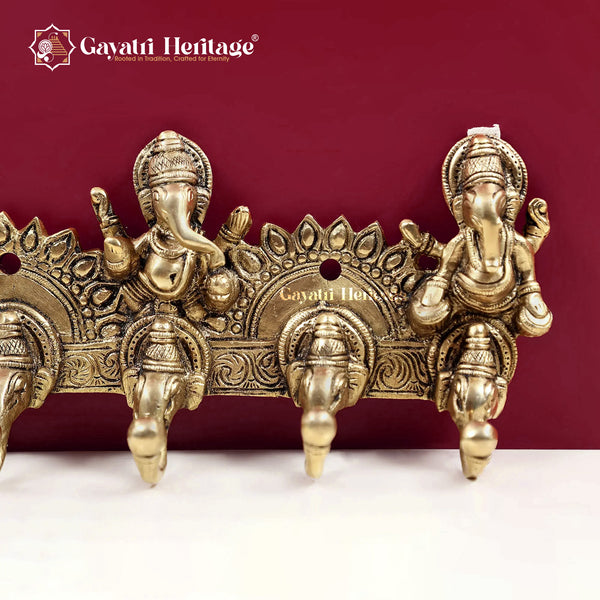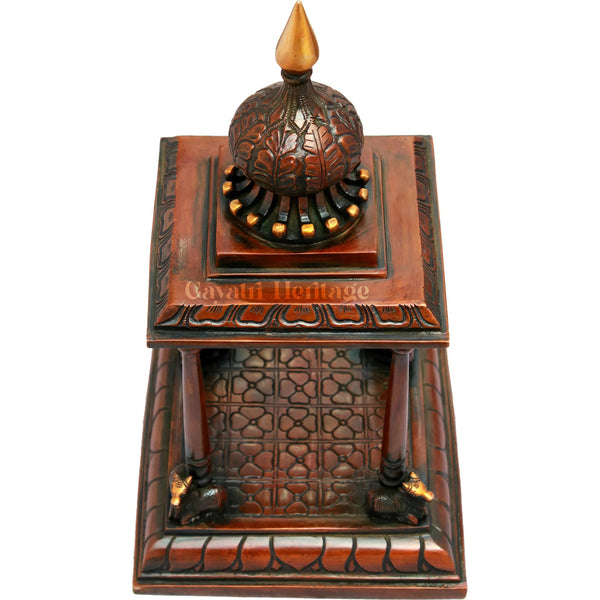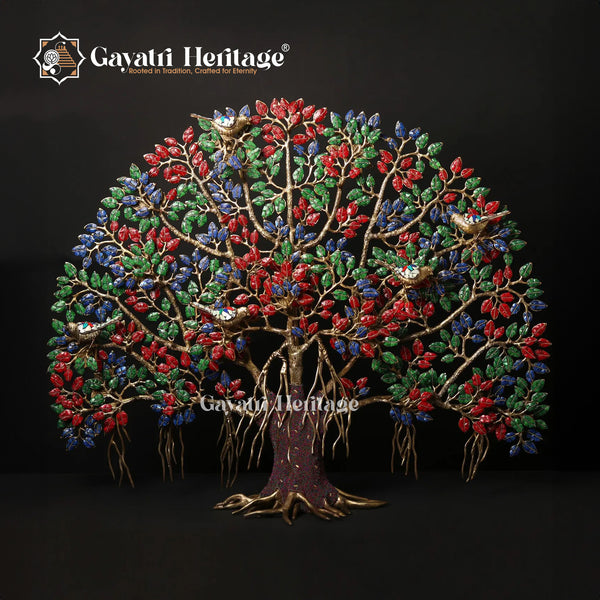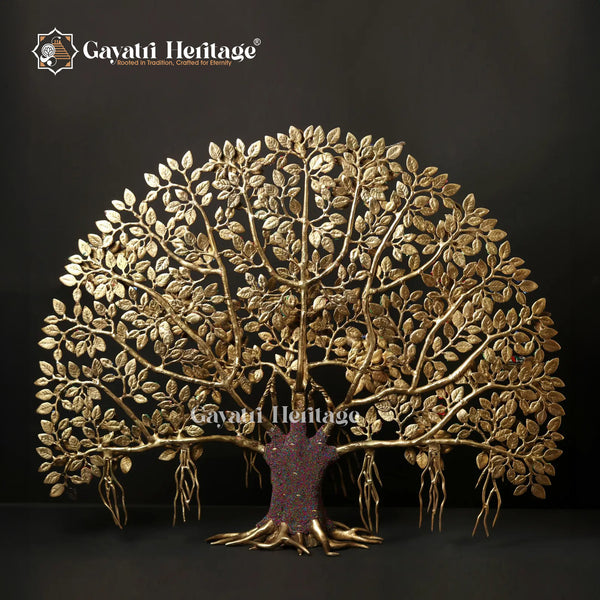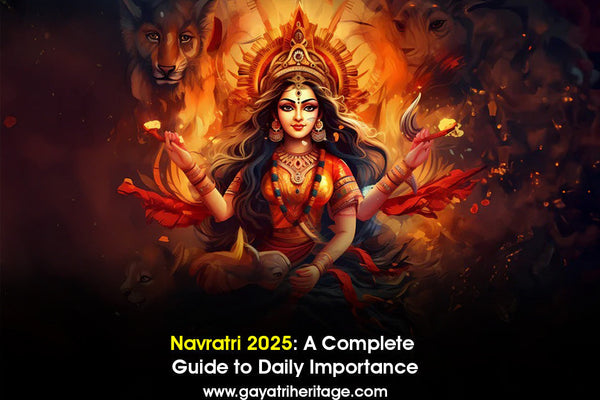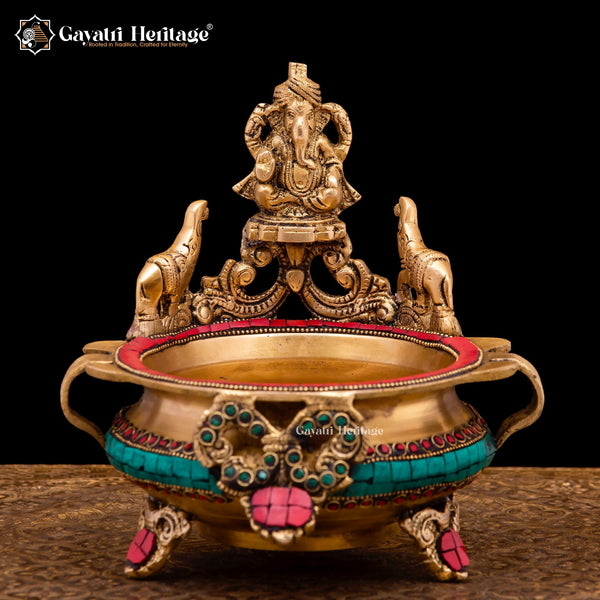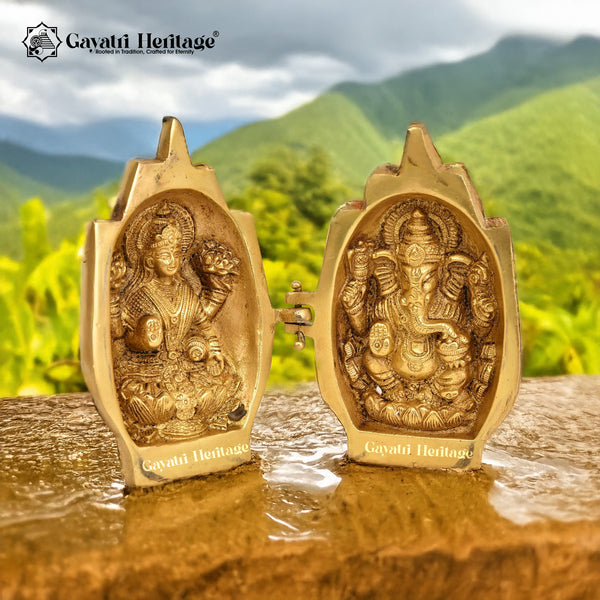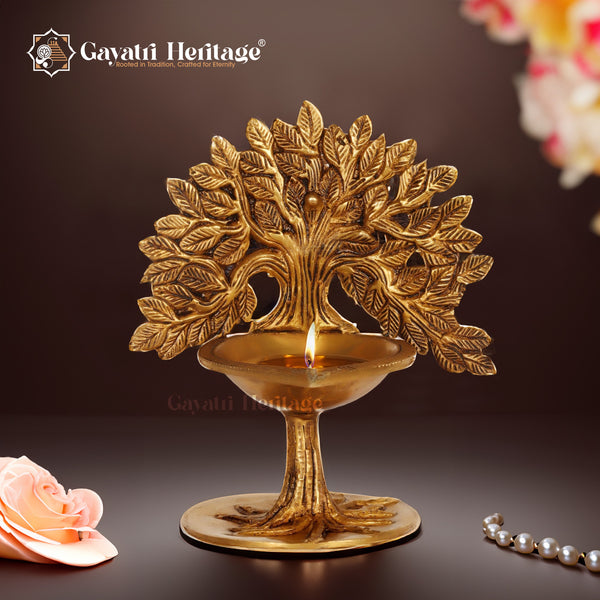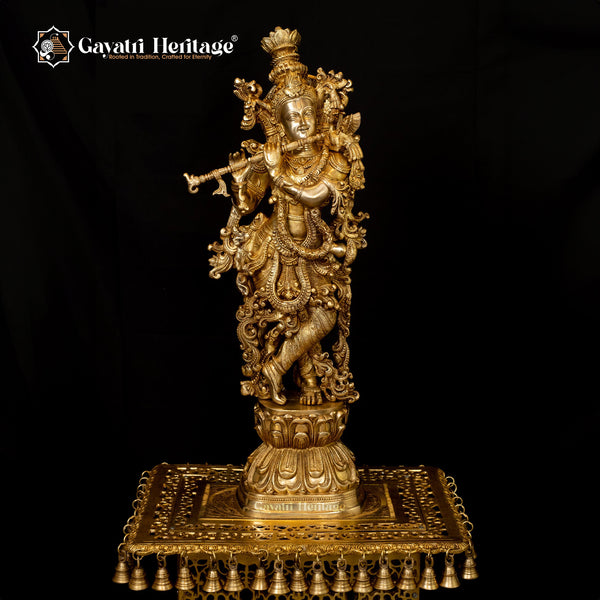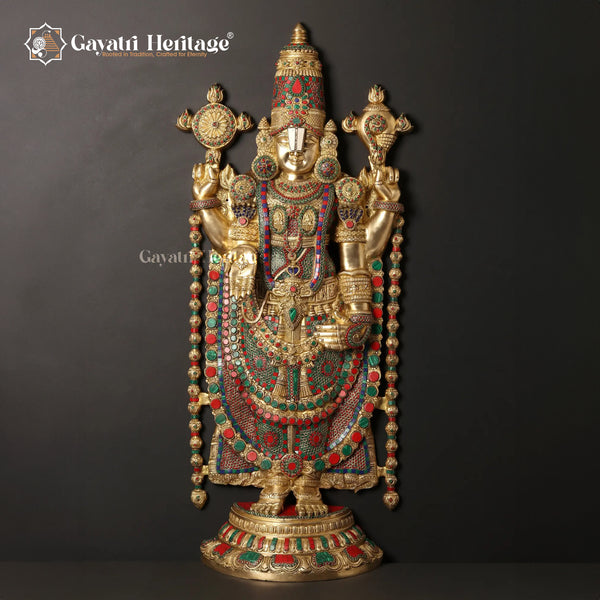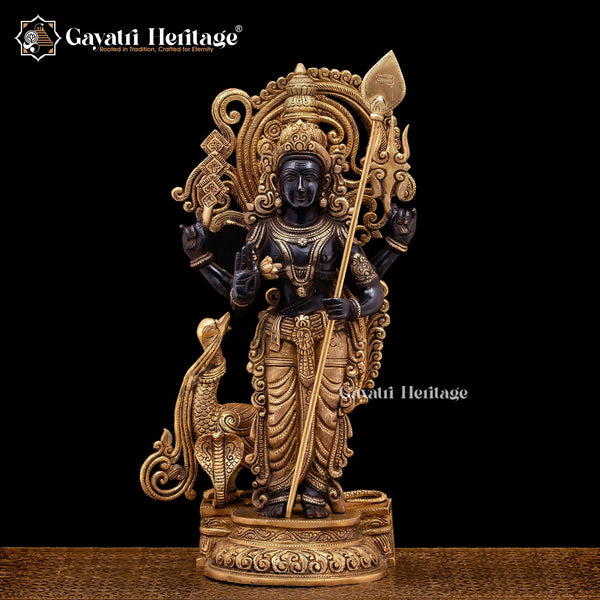Introduction
Veda Vyasa is one of the most revered figures in Indian history and spirituality. Known as the compiler of the Vedas and the author of the epic Mahabharata, he has played a monumental role in shaping the spiritual and cultural framework of India. His life and contributions are deeply embedded in the ethos of Hindu philosophy and literature, making him a timeless figure whose teachings resonate even today.
Who Was Veda Vyasa?
Early Life and Birth
Veda Vyasa, also known as Krishna Dvaipayana Vyasa, was born to the sage Parashara and Satyavati, a fisherwoman. His birth was miraculous, as Parashara invoked divine powers to conceive Vyasa. The name "Krishna Dvaipayana" refers to his dark complexion (Krishna) and his birth on a river island (Dvaipayana). Vyasa’s lineage and divine origin signify his extraordinary role as a spiritual guide and scholar.
Divine Incarnation
Vyasa is regarded as a partial incarnation (Amsa Avatar) of Lord Vishnu, born to restore order and preserve the spiritual teachings during a time of moral and ethical decline. His mission was to ensure that the sacred knowledge of the Vedas and other scriptures was accessible to future generations.
Contributions to Indian Spirituality
1. Compilation of the Vedas
One of Vyasa’s most significant contributions was the compilation and organization of the Vedas. Originally, the Vedas were a single, vast body of knowledge, which was challenging to comprehend and transmit. Vyasa divided the Vedas into four parts—Rigveda, Yajurveda, Samaveda, and Atharvaveda—based on their content and purpose. This division made the texts more accessible for study and preservation, and Vyasa entrusted his disciples with the responsibility of learning and propagating each Veda.
2. Authoring the Mahabharata
Veda Vyasa is the author of the Mahabharata, the longest epic poem in the world, comprising over 100,000 verses. This monumental work narrates the story of the Kuru dynasty, focusing on the rivalry between the Pandavas and the Kauravas. The Mahabharata is not just a tale of war; it is a treasure trove of philosophical discourses, moral dilemmas, and spiritual teachings. The Bhagavad Gita, a conversation between Lord Krishna and Arjuna, forms the heart of the Mahabharata and serves as a timeless guide to life, duty, and spirituality.
3. Writing the Puranas
Vyasa also composed the 18 Puranas, which are encyclopedic texts covering various aspects of cosmology, mythology, history, and dharma. These texts serve as a bridge between the esoteric teachings of the Vedas and the common people, making spiritual knowledge accessible and relatable.
4. Establishing the Guru-Shishya Tradition
Vyasa emphasized the importance of the guru-shishya (teacher-student) tradition as a means of preserving and transmitting knowledge. He himself mentored several disciples, including Paila, Jaimini, and Vaisampayana, who propagated the Vedic teachings and maintained their authenticity.
5. Composing the Brahma Sutras
The Brahma Sutras, attributed to Vyasa, are a systematic exposition of Vedanta philosophy. These concise aphorisms explain the essence of the Upanishads and form the foundation for various schools of Indian philosophy.
Importance of Veda Vyasa in Indian Culture
Veda Vyasa’s contributions have had a profound and enduring impact on Indian spirituality, culture, and philosophy. His efforts in compiling sacred texts provided a structured approach to spiritual learning. The Mahabharata’s teachings on dharma (duty), karma (action), and moksha (liberation) continue to guide individuals seeking purpose and meaning in life.
His role as a teacher and compiler underscores the importance of preserving knowledge for the benefit of future generations. The Guru Purnima festival, celebrated in his honor, highlights his unparalleled contributions to the guru-shishya tradition and serves as a day to express gratitude to all teachers.
Historical Context and Legacy
Historically, Vyasa lived during the Dvapara Yuga, the third age in the cycle of time according to Hindu cosmology. His works reflect the social, cultural, and spiritual challenges of his time, offering solutions that remain relevant. Vyasa’s legacy is not confined to religious texts; his teachings influence literature, art, and ethical principles in Indian society.
Frequently Asked Questions
1. Why is Veda Vyasa called “Veda Vyasa”?
The title "Veda Vyasa" means "the compiler of the Vedas," reflecting his monumental task of organizing the vast body of Vedic knowledge into four parts for easier understanding and transmission.
2. Is Veda Vyasa a historical figure?
While the exact historical details of Vyasa’s life are debated, his influence as a literary and spiritual figure is undeniable. His works and teachings are considered divinely inspired and hold a central place in Hindu culture.
3. What is the significance of Guru Purnima?
Guru Purnima is celebrated to honor Veda Vyasa and all spiritual teachers. It is a day of reverence, gratitude, and reflection on the teachings imparted by gurus.
4. What are the 18 Puranas composed by Vyasa?
The 18 Puranas include texts such as the Vishnu Purana, Bhagavata Purana, Shiva Purana, and Markandeya Purana. These texts explore various themes, including creation, cosmology, and devotional practices.
5. How does Vyasa’s work influence modern spirituality?
Vyasa’s teachings, especially the Bhagavad Gita and the Mahabharata, continue to inspire individuals worldwide. They offer practical guidance on living a balanced and ethical life, making them relevant in contemporary times.
Conclusion
Veda Vyasa’s unparalleled contributions to Indian spirituality and culture make him a timeless figure. By compiling the Vedas, authoring the Mahabharata, and composing the Puranas, he ensured the preservation of sacred knowledge for generations to come. His teachings transcend time, offering insights into life, duty, and self-realization.
As we delve into the works of Veda Vyasa, we gain not only historical and cultural knowledge but also spiritual wisdom that enriches our lives. Let us honor his legacy by exploring and preserving the treasures he left behind.
Explore our collection of spiritual artifacts and statues inspired by ancient sages and traditions at Gayatri Heritage.
– Rooted in Tradition, Crafted for Eternity.
